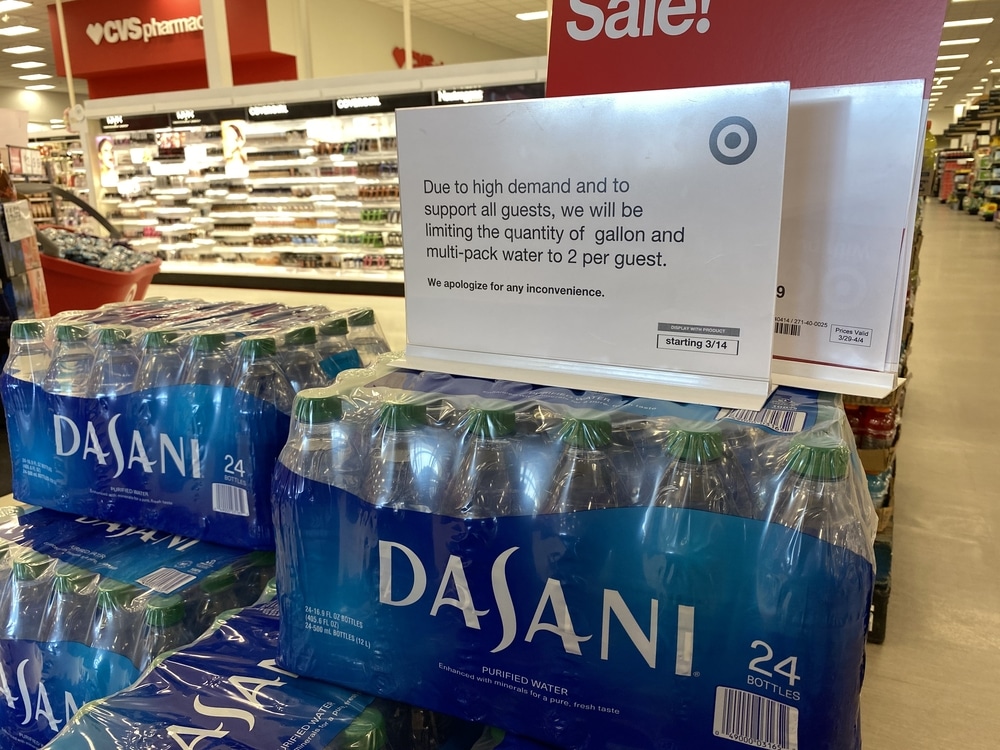As millions of Americans struggle to recover from the latest hurricane, state government officials are issuing stern reminders that criminal penalties loom for anyone who engages in “price gouging.”
“Price gouging” is the pejorative label applied to the charging of substantially higher prices for goods and services that are in high demand and short supply in disaster-stricken areas. Anti-price gouging laws typically apply to things like food, fuel, lodging, medicine, building materials, construction tools and other necessities.
The idea of charging higher prices in the midst of a crisis goes against human impulses about fair play. However, a dispassionate examination of “price gouging” reveals that it actually benefits people in disaster areas—and confirms that, like other forms of price control, anti-price gouging laws make things worse for the people they’re supposed to benefit.
Before diving in, it’s essential to fully appreciate what prices are. They aren’t just numbers on cases of water, hotel signs or gas pumps. Embedded with information, prices transmit important signals to would-be buyers and sellers alike.
Sharply higher prices announce that the demand for a product is suddenly much higher than the supply. At the same time, the higher price performs two enormously beneficial functions:
- Incentivizing consumers to more deeply consider if they truly need the product right now—and, if so, in what quantity.
- Incentivizing sellers to go to great lengths to bring more of the product to the market as quickly as possible.
Let’s first consider the effect of crisis-driven price spikes on consumer behavior, using gas prices as an example.
When gas prices in a disaster area are allowed to soar alongside surging demand and plummeting supply, consumers are pressured to buy only what they think they really need. If they’re on an evacuation route, they’ll be more inclined to buy only what’s needed to get them out of the disaster area and to a place where gas is in greater supply.
On the other hand, when laws compel gas stations to keep the same price as during normal conditions, customers are prone to top off like they always do. When a station runs out, it will have served fewer people’s needs and left more people with no opportunity to buy gas at any price.
Similarly, consider the market for hotel rooms. When prices spike, a family with two teenagers will be incentivized to share one room rather than indulging in two. Another family may choose to travel a little farther, where the supply of rooms is greater and the price lower. Others will pursue non-hotel substitutes, like staying at the home of a friend or relative.
In each case, the resulting consumer behavior sees price signals organically guiding the market toward a broader and more rational distribution of scarce products, with those products more likely to be obtained by people whose need for them is greatest.







